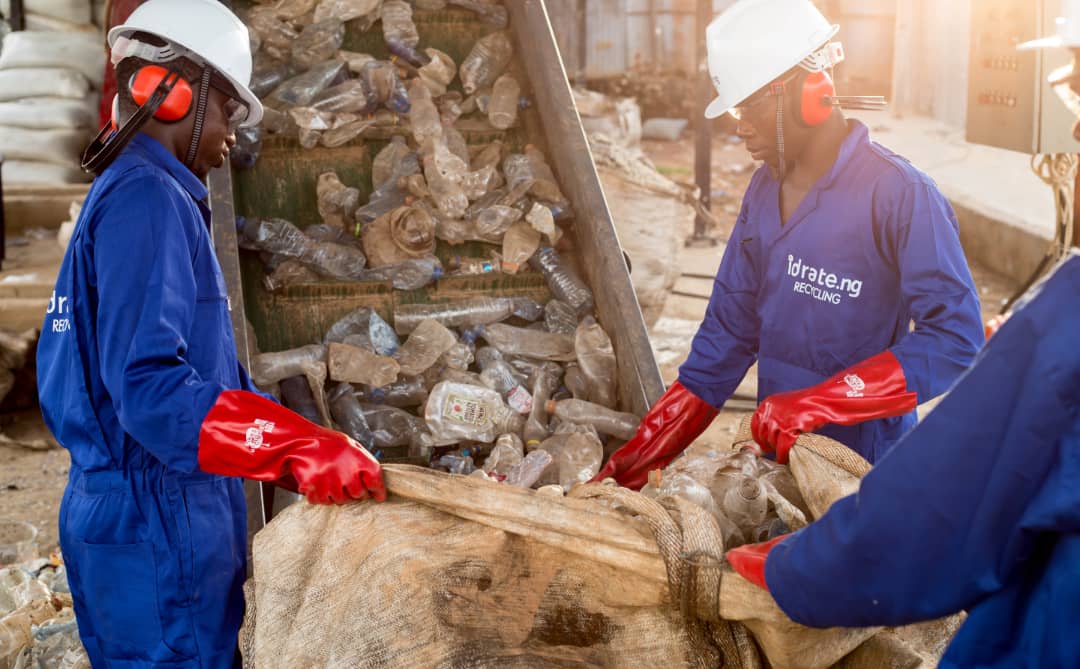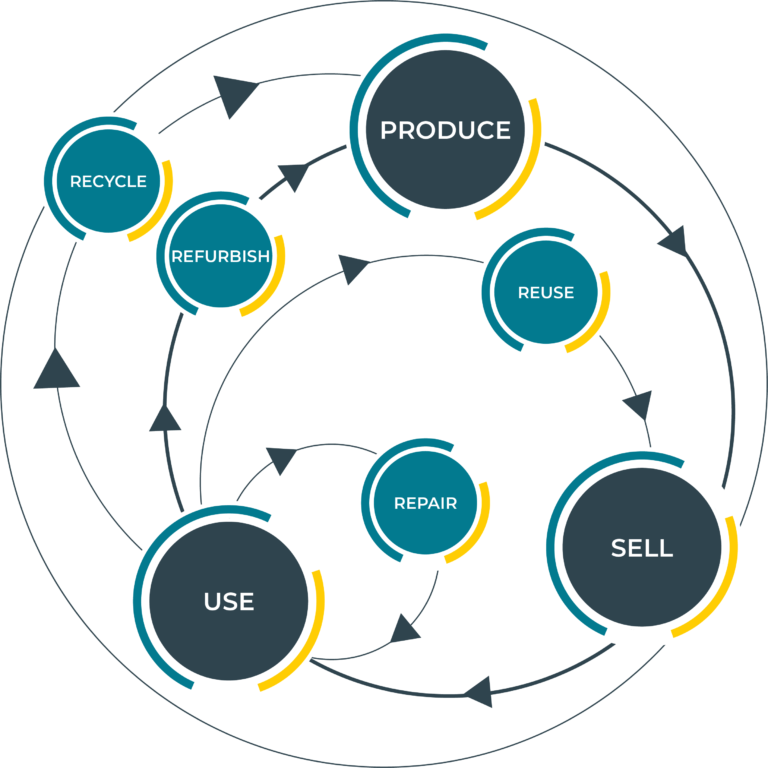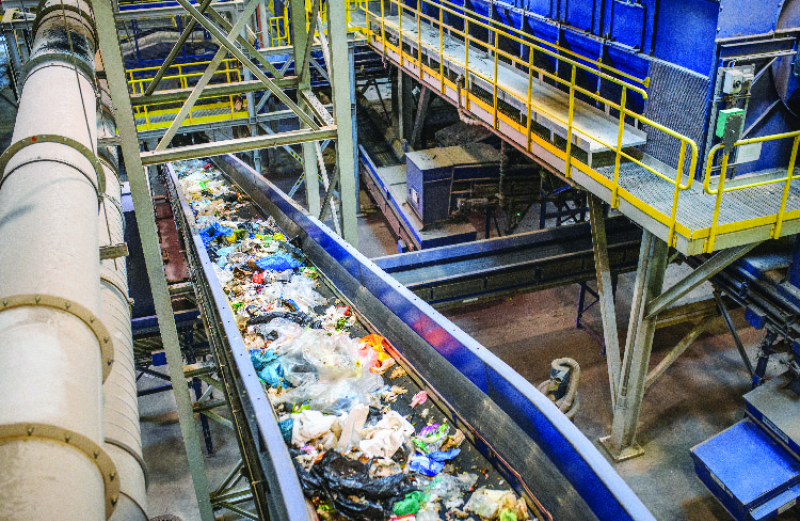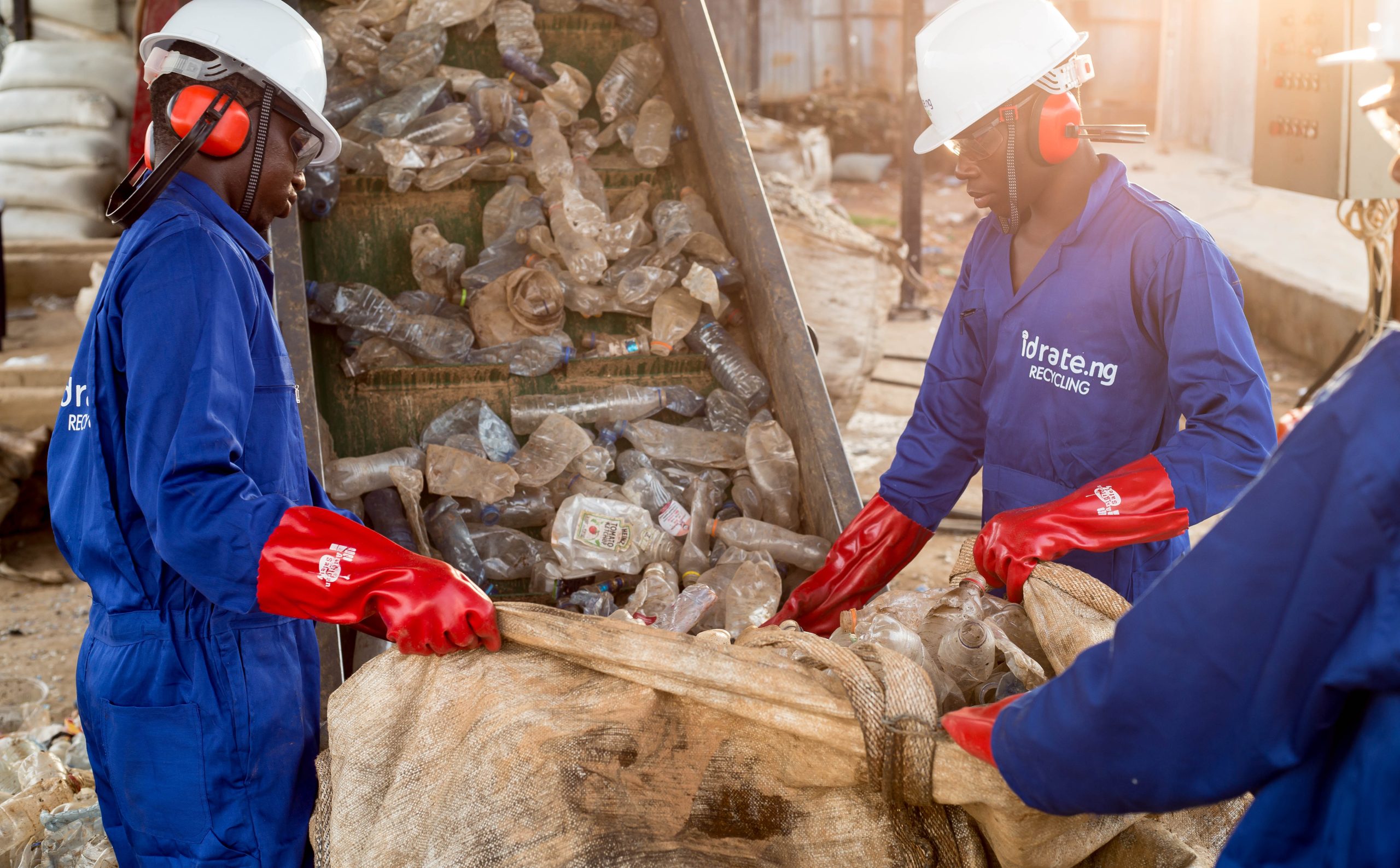How PET Recycling Contributes to a Sustainable Future
In the quest for a more sustainable and environmentally-conscious future, the role of recycling cannot be overstated. Among the myriad materials that impact our daily lives, PET (polyethylene terephthalate) stands out as a widely used plastic with significant recycling potential. From beverage bottles to food containers, PET has become a ubiquitous part of modern living. However, the convenience of PET comes with a responsibility to manage its lifecycle effectively, and that’s where PET recycling steps in as a vital component of the sustainability puzzle.
1. Reducing Resource Depletion: The production of virgin plastic materials, including PET, demands substantial energy and natural resources. By recycling PET, we alleviate the strain on these resources. Recycled PET, known as rPET, can be used to create new products, reducing the need for raw materials and lessening the environmental impact associated with their extraction.
2. Energy Conservation: Producing plastic from scratch is an energy-intensive process. In contrast, recycling PET consumes significantly less energy. This reduction in energy consumption translates to fewer greenhouse gas emissions and a smaller carbon footprint. By embracing PET recycling, we take a step towards mitigating climate change and reducing our dependence on fossil fuels.
3. Waste Reduction: One of the most immediate benefits of PET recycling is waste reduction. PET waste, if left unattended, can take centuries to decompose in landfills, contributing to environmental pollution. Recycling PET not only prevents this waste from accumulating but also transforms it into valuable resources, mitigating the burden on landfills and waste management systems.
4. Circular Economy: PET recycling embodies the principles of a circular economy—a concept that aims to minimize waste by keeping materials in use for as long as possible. In a circular economy, PET products are recycled and repurposed, extending their lifespan and reducing the demand for new plastics. This shift from a linear “take, make, dispose” model to a circular one is fundamental to achieving long-term sustainability.
5. Job Creation and Economic Growth: The recycling industry, including PET recycling, contributes to job creation and economic growth. Collecting, processing, and repurposing PET materials create employment opportunities at various stages of the recycling value chain. Additionally, the recycling industry can stimulate innovation, leading to the development of new technologies and processes.
6. Consumer Awareness and Responsibility: PET recycling fosters a sense of responsibility among consumers. As people become more aware of the importance of recycling, they are likely to make more environmentally conscious choices, such as opting for products with recyclable packaging. This increased awareness contributes to a culture of sustainability and responsible consumption.
7. Innovation and Research: The drive to improve PET recycling techniques has led to significant advancements in technology and research. From improved sorting systems to novel chemical recycling methods, innovation in PET recycling contributes to a deeper understanding of plastic materials and their potential applications, paving the way for more sustainable practices.
8. Collaboration and Partnerships: The journey towards a sustainable future requires collaboration among various stakeholders, including governments, industries, and consumers. PET recycling provides a common ground for these entities to work together towards a shared goal—reducing plastic waste and promoting a circular economy.
In conclusion, PET recycling holds immense promise as a cornerstone of a sustainable future. By reducing resource depletion, conserving energy, minimizing waste, and fostering a circular economy, PET recycling addresses some of the most pressing environmental challenges of our time. As individuals, communities, and industries come together to embrace PET recycling, we take a significant step forward in creating a world where environmental responsibility and economic prosperity go hand in hand.



